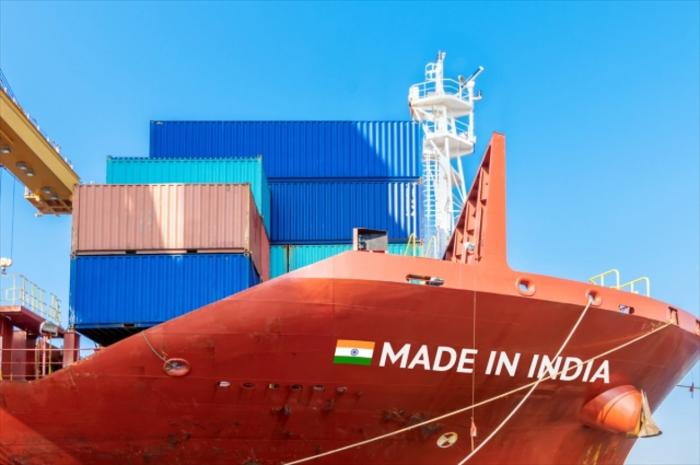India unveils ambitions to become 'a global leader in shipbuilding'
India is attempting to “play hardball” to become an alternative shipbuilding market, amid the trade diversification that has already yielded it some tangible gains on electronics manufacturing.
New Delhi’s latest federal budget, for fiscal year 2025-26, presented on Saturday, announced a host of measures to encourage investment in shipbuilding.
They include government approving a proposal to develop mega-shipbuilding clusters in the country, and earmarking some $700m to help existing yards enhance their infrastructure.
The government has also extended a “shipbuilding financial assistance policy,” aimed at providing direct financial subsidies to Indian shipyards, with a higher allocation of some $2bn. This is meant to help Indian companies offset operational cost disadvantages while seeking to secure shipbuilding orders.
Additionally, basic customs duty exemptions on the import of shipbuilding materials have been extended for 10 years.
Shipping minister Sarbananda Sonowal said: “India’s maritime sector has witnessed significant progress since 2014, and with the latest announcements, we are confident that the shipbuilding industry will serve as a catalyst for economic growth.
“This holistic approach will not only support industry growth, but also position India as a global leader in shipbuilding and maritime innovation.”
In another significant move, India has approved setting up a mammoth $3bn Maritime Development Fund (MDF) to provide financing for ship acquisitions, in a bid to boost its sagging fleet presence in the ocean trade ecosystem. The government plans to contribute 49%, with the remainder coming from major port authorities and other public sector enterprises, as well as from the private sector.
The government believes the MDF could lay the path to boost the share of Indian flagged-ships in the global cargo sphere up to 20% by 2047, believing an “indigenous fleet will reduce dependability of foreign ships, improve balance of payment and secure strategic interests of the country”.
Shipping Corporation of India (SCI), India’s only long-haul operator, recently indicated plans to acquire more containerships to raise its service network profile, ostensibly responding to growing shipper concerns over high freight charges by foreign container lines which have a near-monopoly in the market.
Other notable takeaways from the 2025-26 budget included an extension of the tonnage tax scheme to vessels used on the inland waterway network, an incentive thus far only available for ocean-going ships.
Indian shipping industry stakeholders across the spectrum have welcomed the proposals, while continuing to push for further policy refinements.
“The MDF is a game-changer, signalling the government’s serious intent to make India a global hub for shipbuilding,” Vivek Merchant told (director at Swan Defence and Heavy Industries).
“The industry still needs policy reforms that encourage private sector participation and reduce dependency on imports for critical components,” he added.
Rizwan Soomar, DP World’s CEO and MD for the Middle East/North Africa/India Subcontinent, believes India has the potential to solidify its local production prowess with ongoing infrastructure development and policy reforms. Through shortsea shipping subsidiary Unifeeder, it has expanded its interests beyond terminal operations.
“The government’s commitment to inland water transport through the tonnage tax scheme will provide a more sustainable and cost-effective way of cargo movement,” said Mr Soomar.
Shashi Kiran Shetty, chairman of Mumbai-based cargo consol leader Allcargo Group, said while the new budget plans underscored a stronger intent to position India as a shipbuilding nation, it would require much more to catch up with global giants in the field, especially China.
